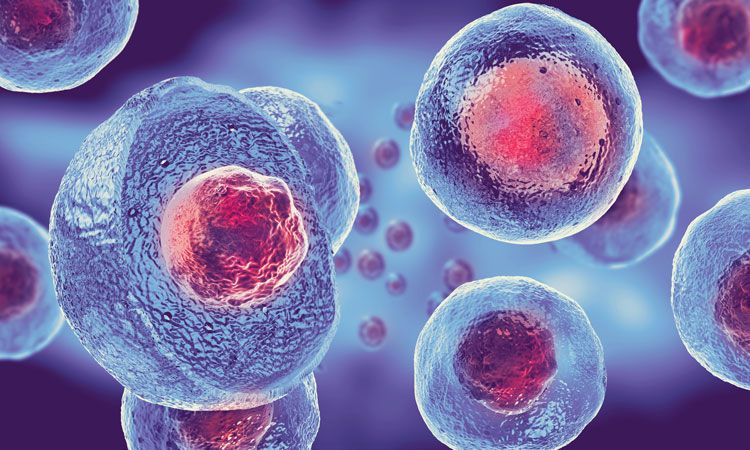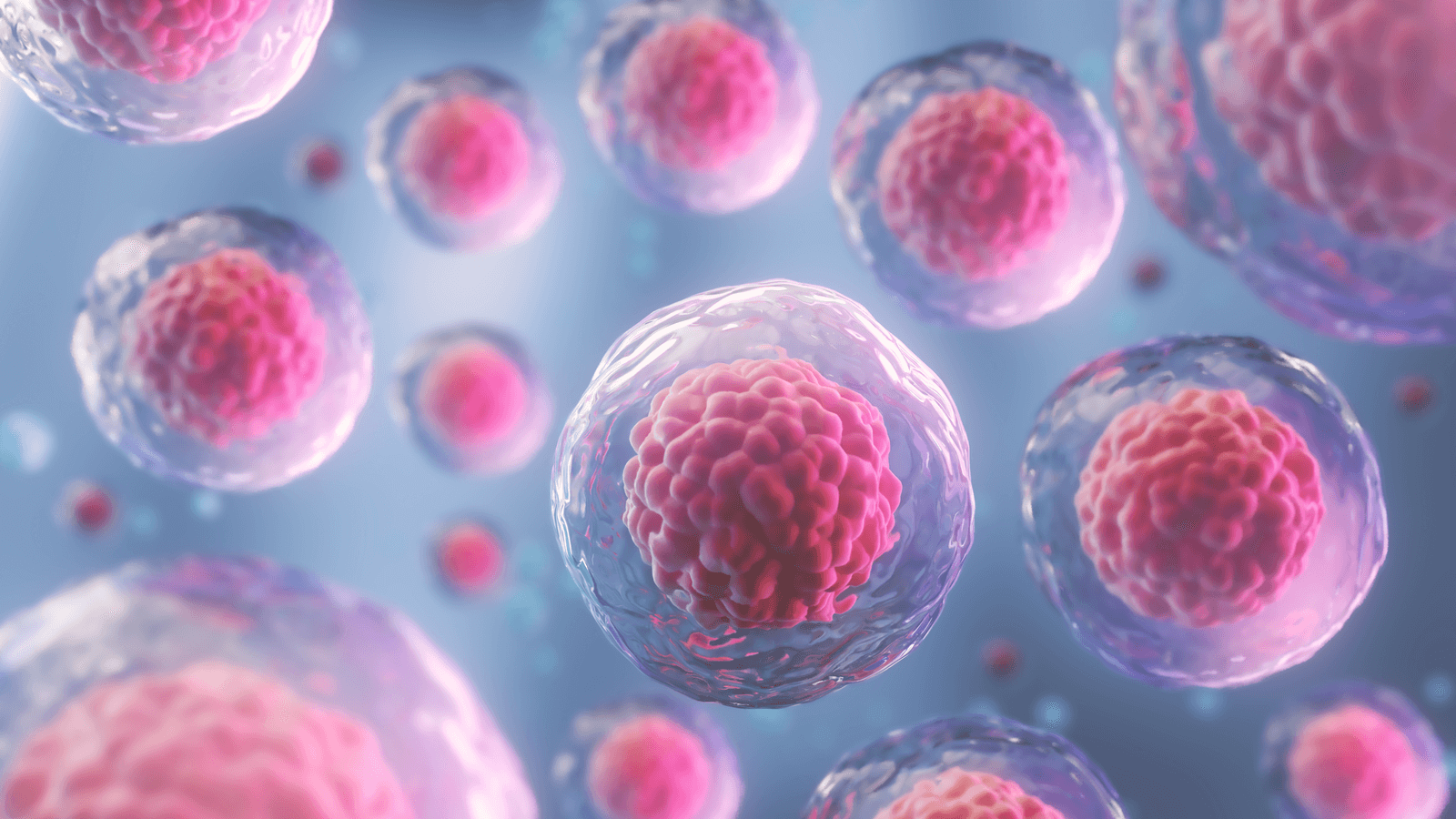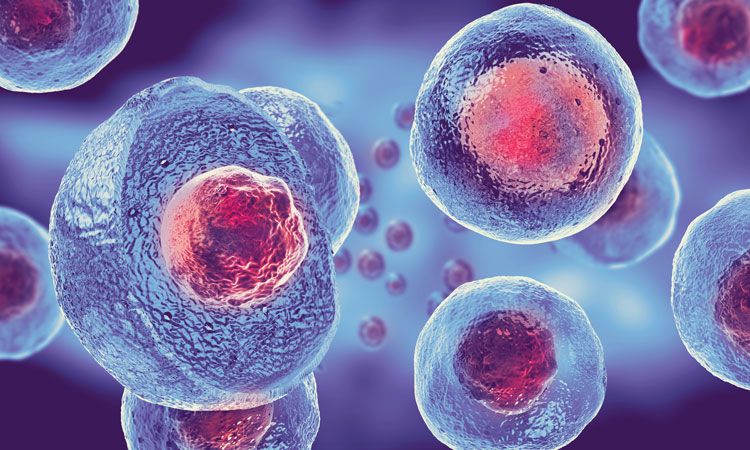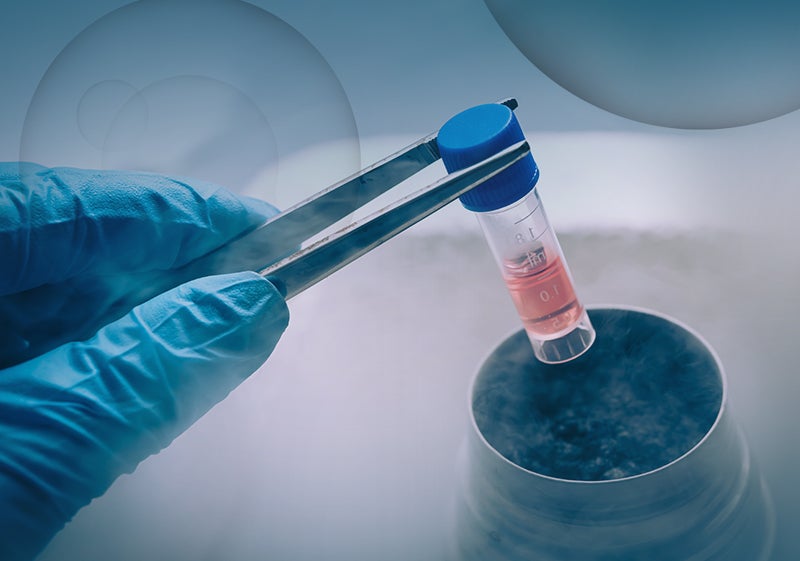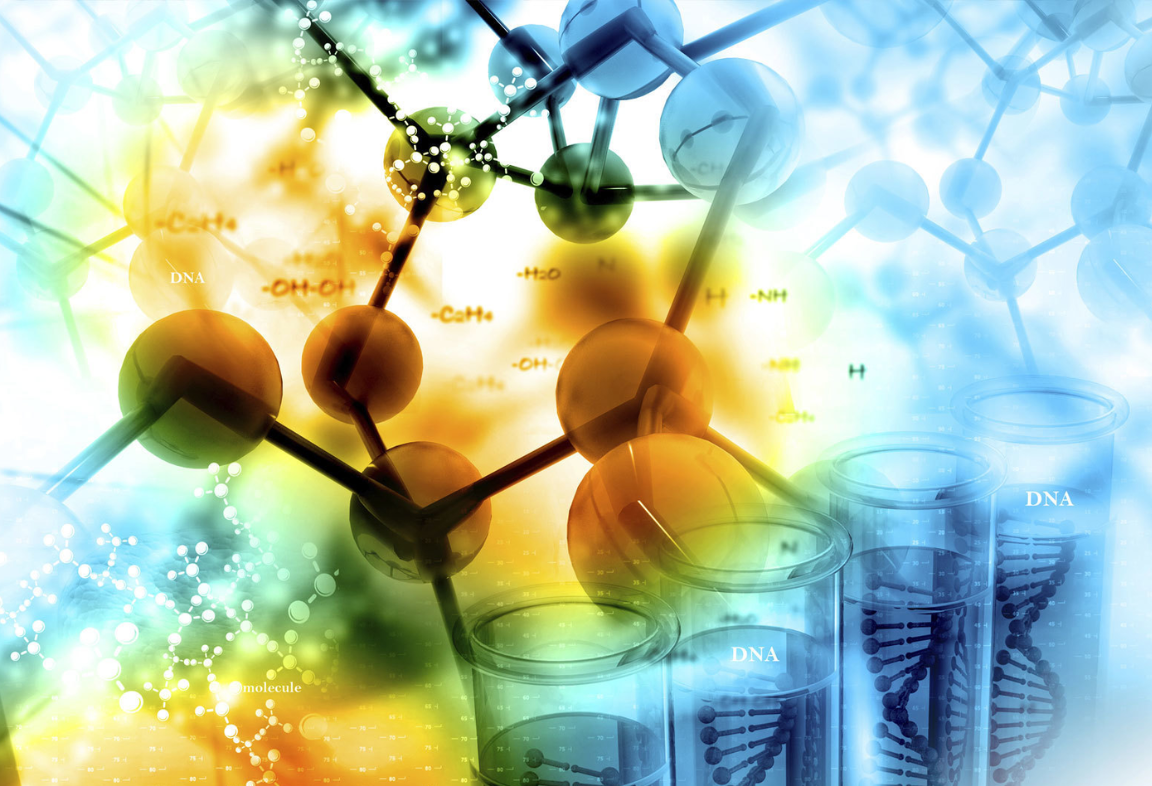Factors affecting tumor spheroid formation for cancer research
Tumor spheroids are three-dimensional cell culture models that have gained significant attention in cancer research because they provide a more physiologically relevant environment for studying tumor biology compared to traditional two-dimensional cell culture systems. 3D spheroids contain a dense network of
Stem cell Suspension Spheroid Cultures
Regenerative medicine largely depends on research performed using stem cells. Stem cells are characterized by stemness which is defined as the ability for self-renewal, to generate new stem cells from one original cell, and by multipotency, which refers to their
Major challenges in stem cell therapy
Stem cells are undifferentiated cells that have the capacity to self-renew and differentiate into specialized cells under given conditions. Stem cells mainly include embryonic stem cells (ESC), induced pluripotent stem cells (iPSC), Epiblast-derived stem cells (Epi-SC), and adult tissue stem
The influence of stem cell therapy in medical fields
Stem cells are unspecialized cells of the human body with the ability to self-renew and differentiate into any type of cells of an organism. Recently, there has been an explosion of interest in stem cells within the scientific and medical
Stem cell banking: benefits and challenges
Stem cell banking is the process of isolating stem cells from the body of a donor, processing them, and storing them for potential future use in the context of stem cell research or regenerative medicine. The low temperature of stem
Stem cell basics : types, sources, and controversies
Stem cells are undifferentiated cells that are present in the embryonic, fetal, and adult stages of life and are characterized by the ability to extensively proliferate and differentiate into different types of cells and tissues (1). The major characteristics of



